UK Prime Minister Keir Starmer arrived in Mumbai early on Wednesday morning, for a two-day visit accompanied by a delegation of 125, including CEOs and representatives from British institutes, universities and industry groups. His trip is aimed at promoting the recently signed UK-India trade deal.
He arrived at Chhatrapati Shivaji Maharaj International Airport in Mumbai, where Maharashtra Chief Minister Devendra Fadnavis, Deputy Chief Ministers Eknath Shinde and Ajit Pawar, and Maharashtra Governor Acharya welcomed him. Ahead of the visit, Starmer emphasised there will be no relaxation of visa rules for India. “The issue is not about visas,” he said, adding the focus is on “business to business engagement and investment and jobs and prosperity coming into the United Kingdom.”
Starmer is scheduled to meet Prime Minister Narendra Modi on Thursday, following the historic India‑UK Free Trade Agreement signed earlier this year. The trade deal, signed in July after years of negotiation, will make UK cars and whisky cheaper to export to India, while reducing tariffs on Indian textiles and jewellery entering the UK. It also includes a three-year exemption on social security for Indian employees working in the UK on short-term visas. Ministers stressed there are no broader changes to immigration policy.
Focus on business, connectivity, and strategic relations
Speaking to reporters en route to Mumbai, Starmer reiterated that visa changes were not part of the trade deal and confirmed there were no plans to open new visa routes for Indian workers or students. While stressing the UK’s desire to attract “top talent” globally, he said there were no visa adjustments planned for India.
The prime minister’s delegation includes British Airways, which announced plans to add a third daily flight between Delhi and Heathrow from next year. Manchester Airport also unveiled a new direct route to Delhi.
On geopolitical matters, Starmer said the UK’s focus is on tackling Russia’s “shadow fleet” of unregulated oil tankers, without directly criticising Prime Minister Modi over India’s purchase of Russian oil. He stated that the UK has been “one of the lead countries” addressing the issue.


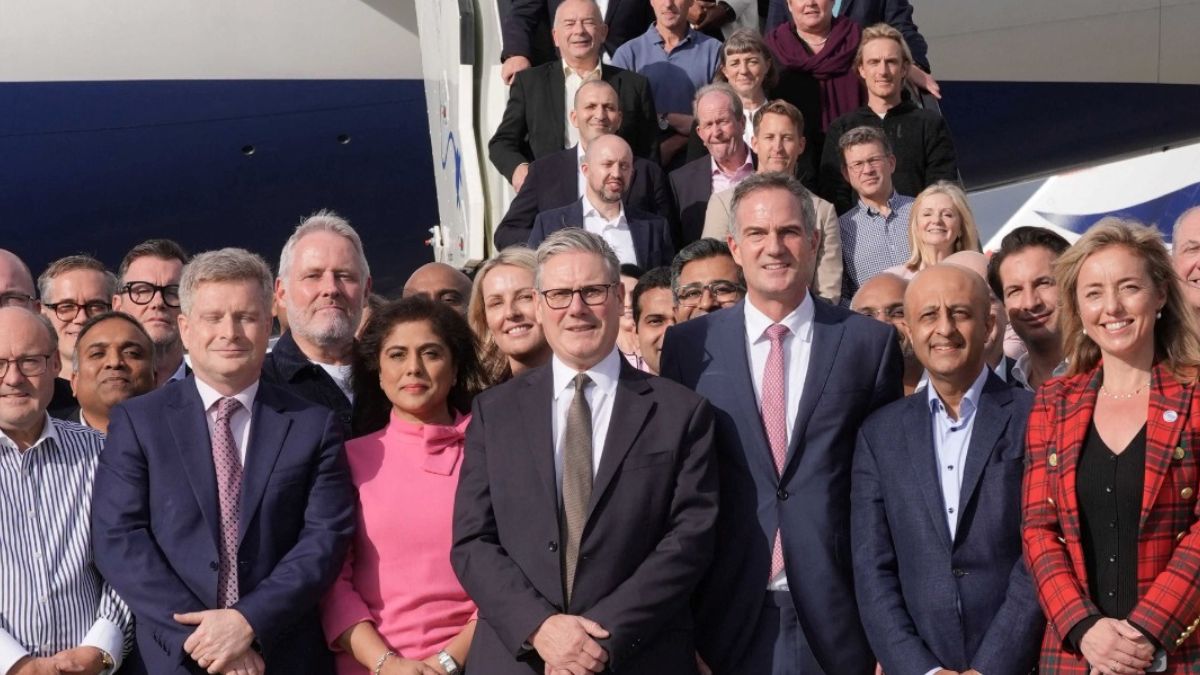)
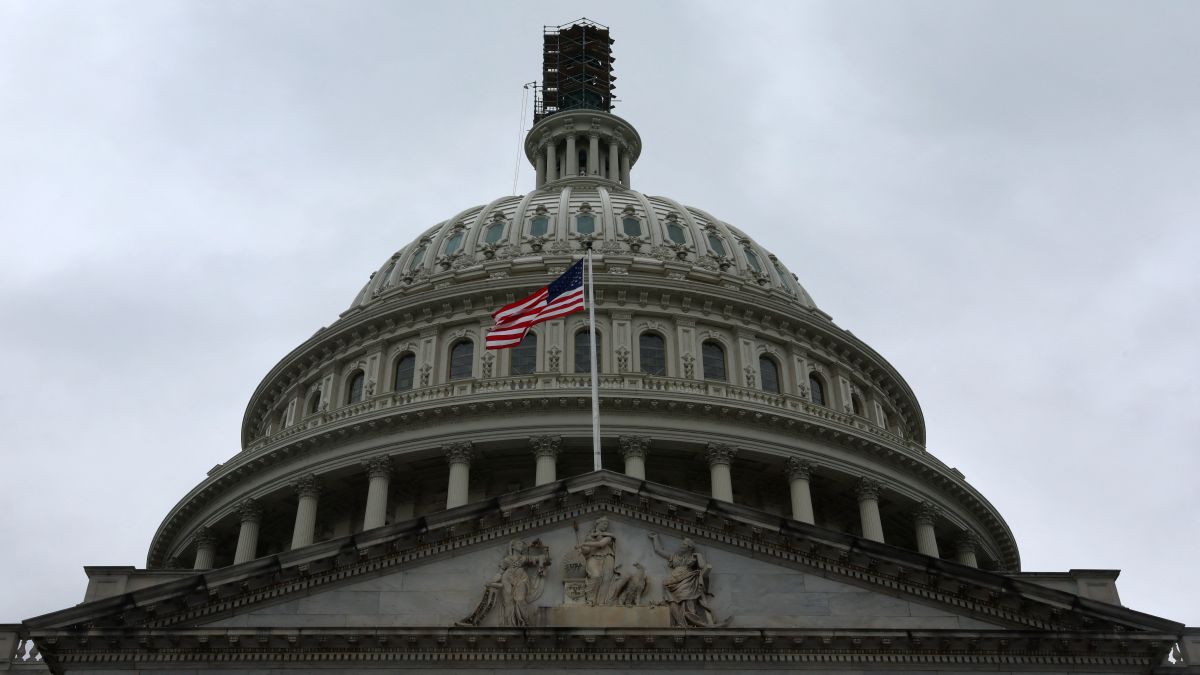
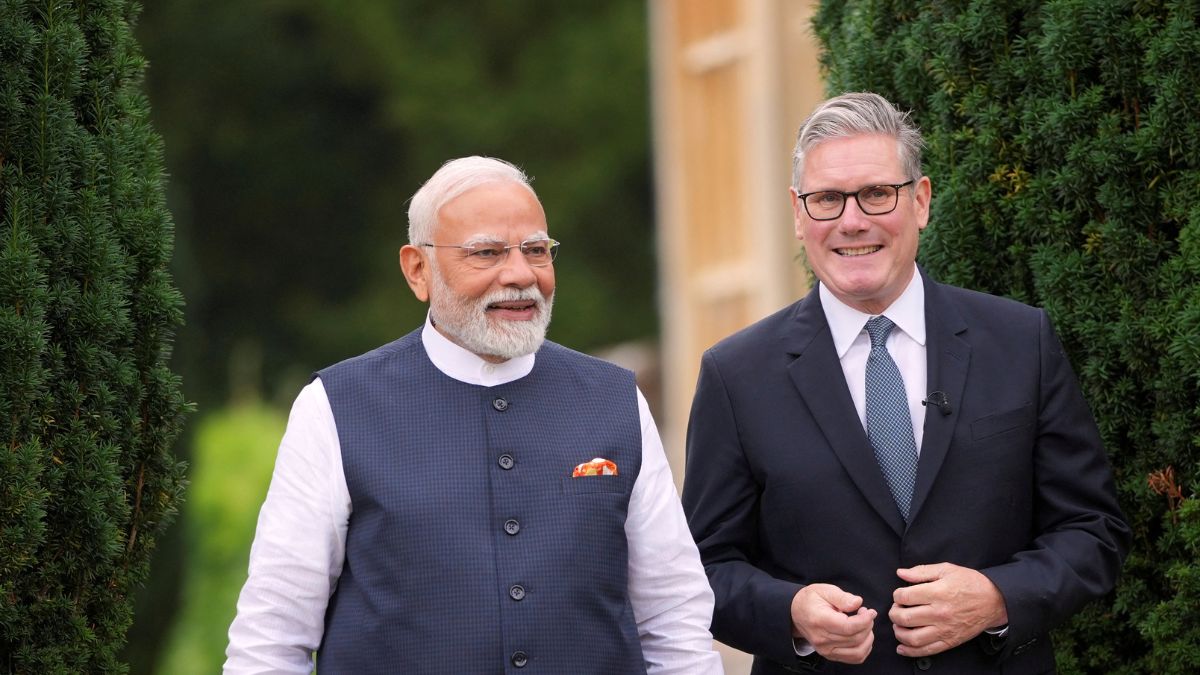)
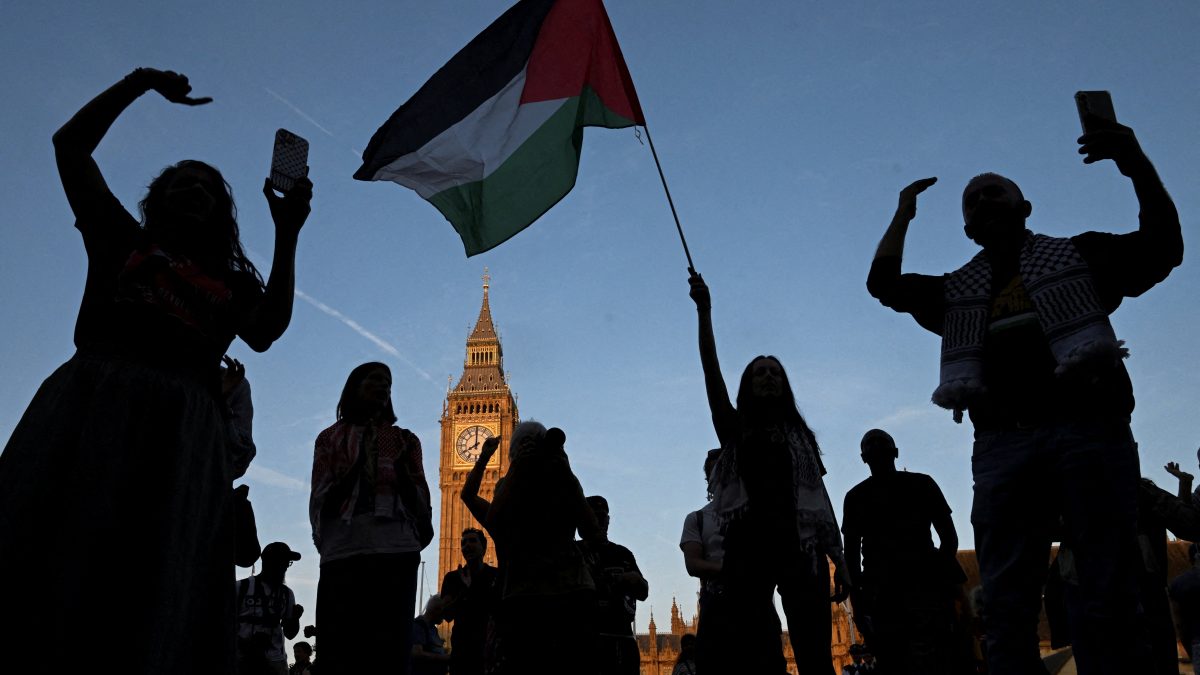)
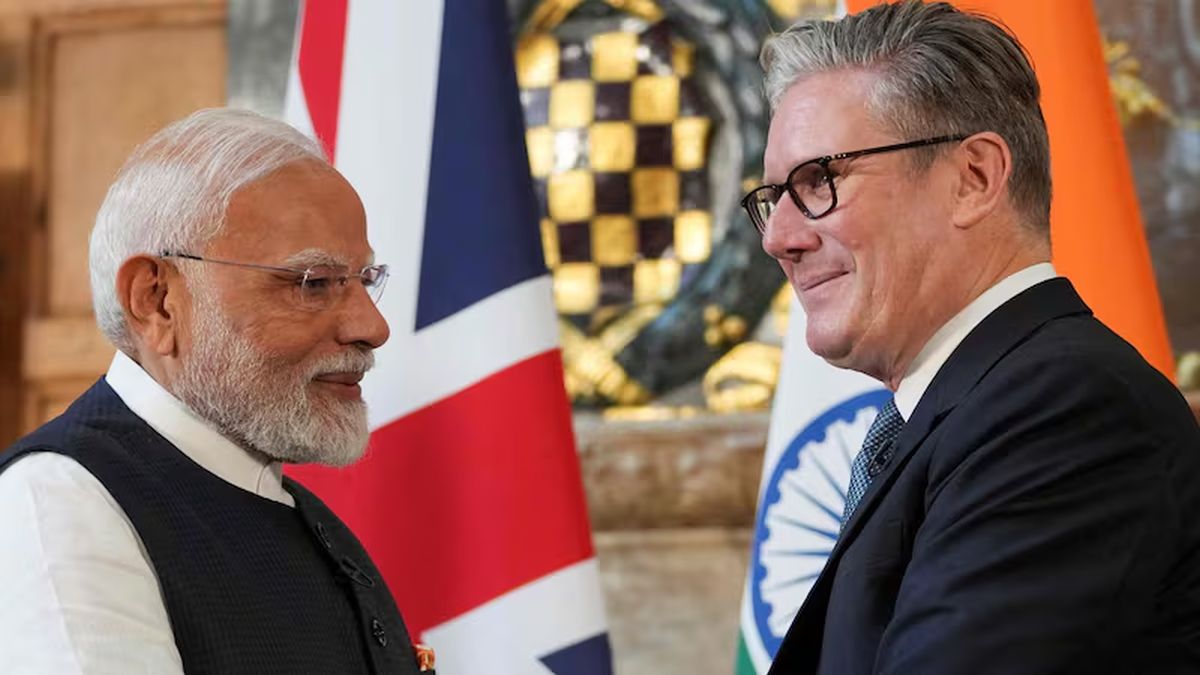)
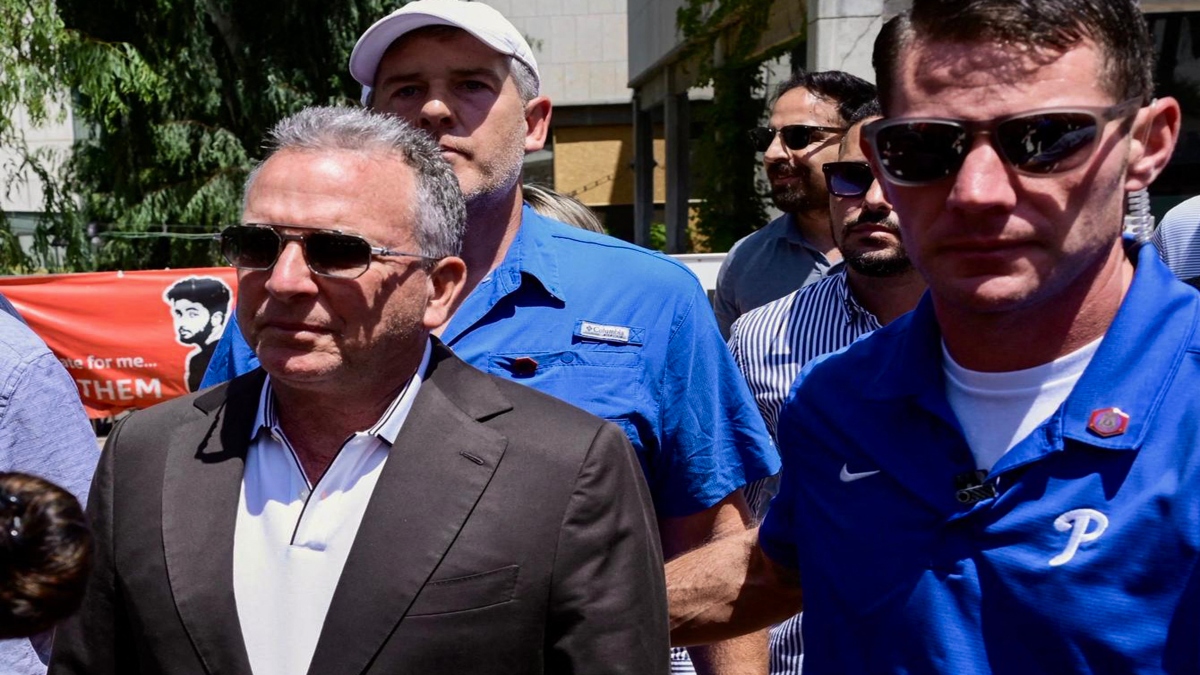)
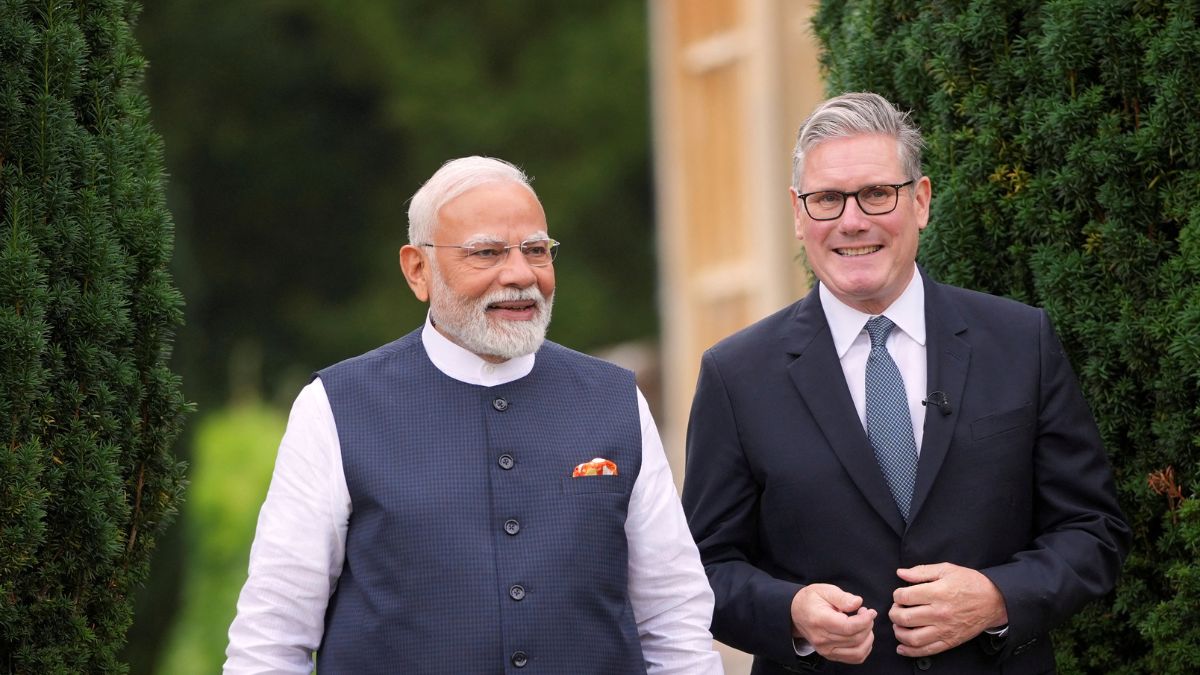)
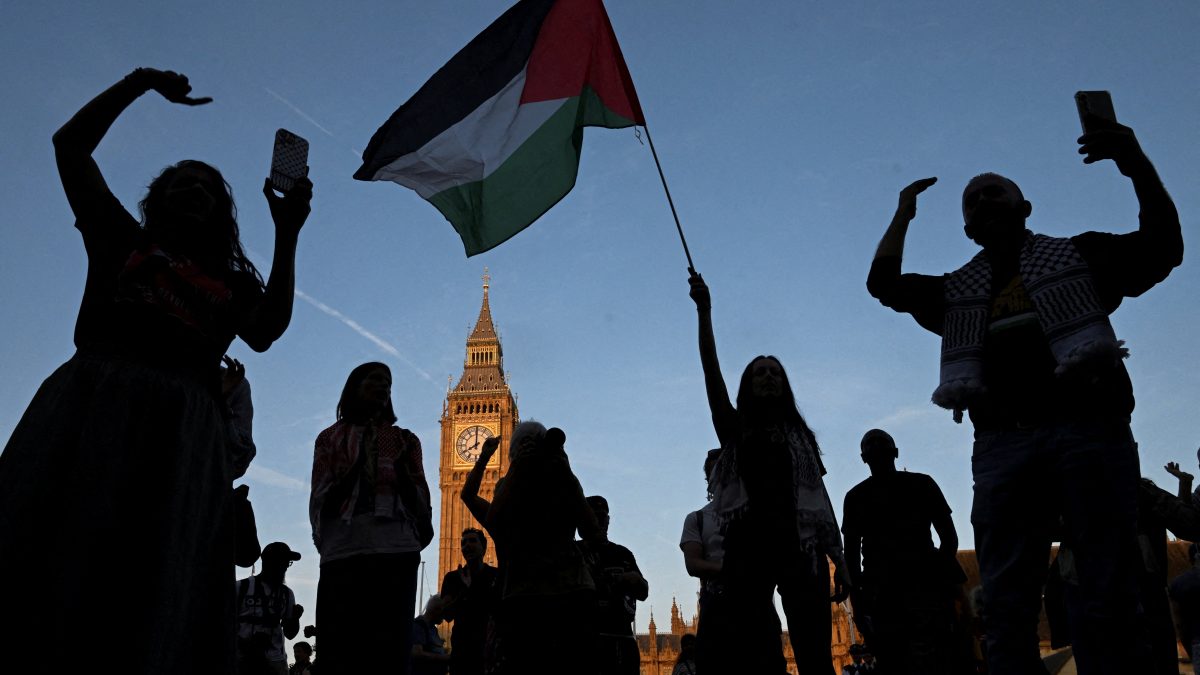)
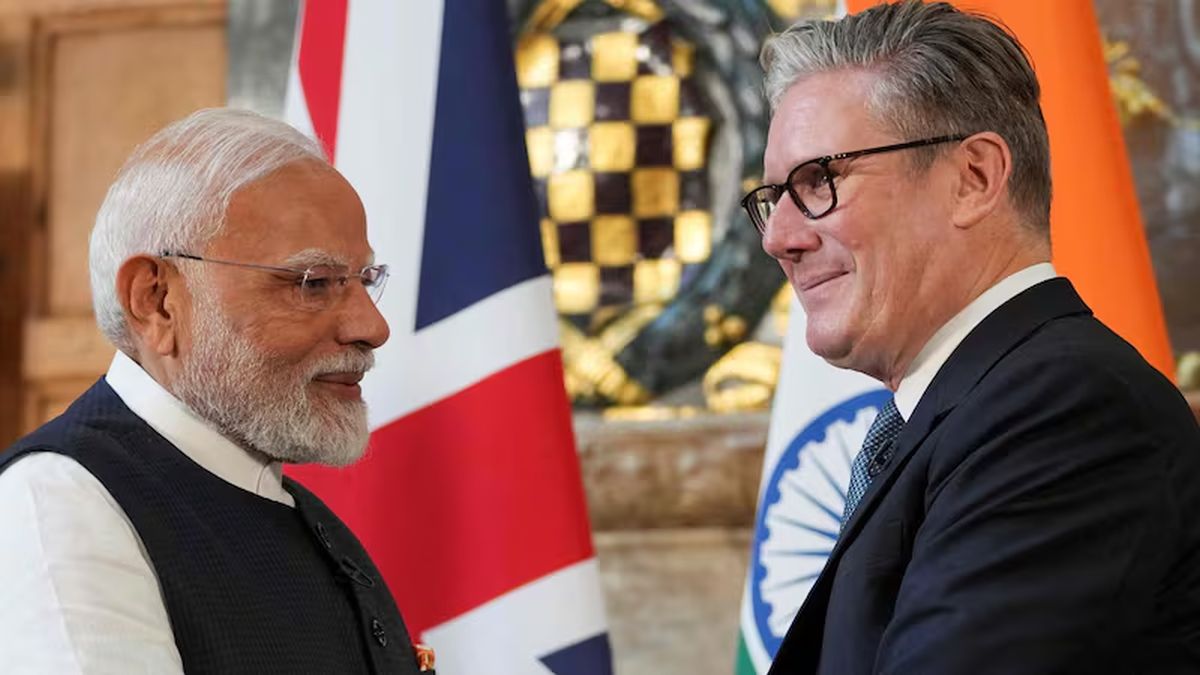)
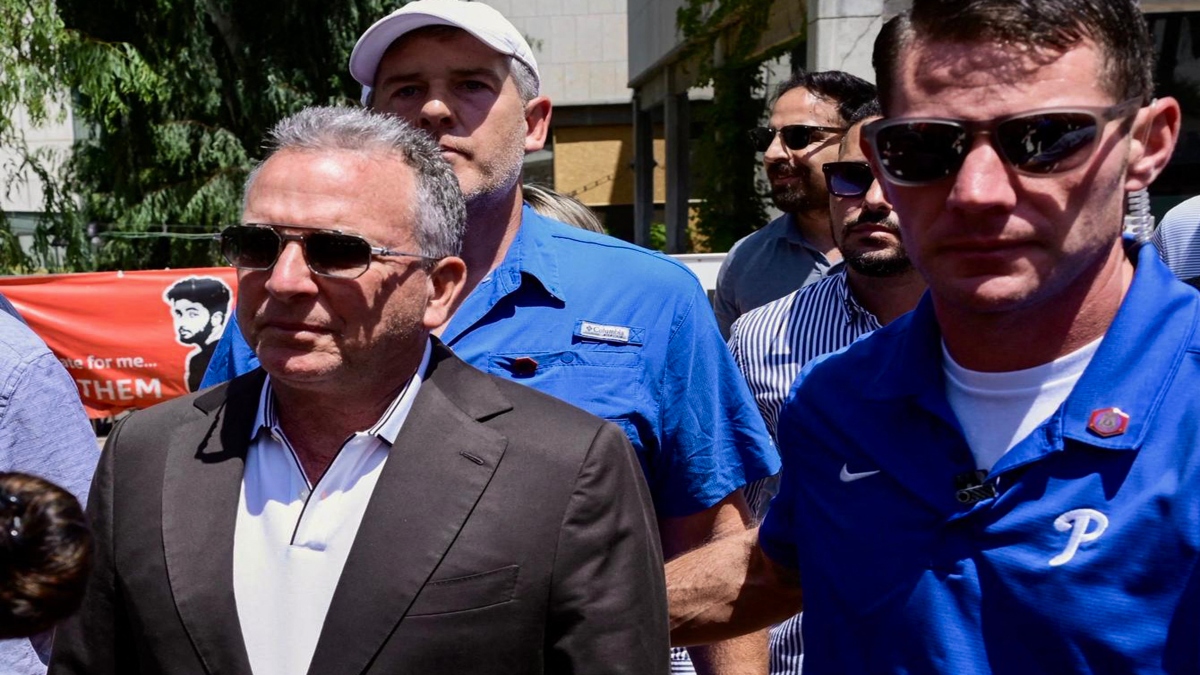)



